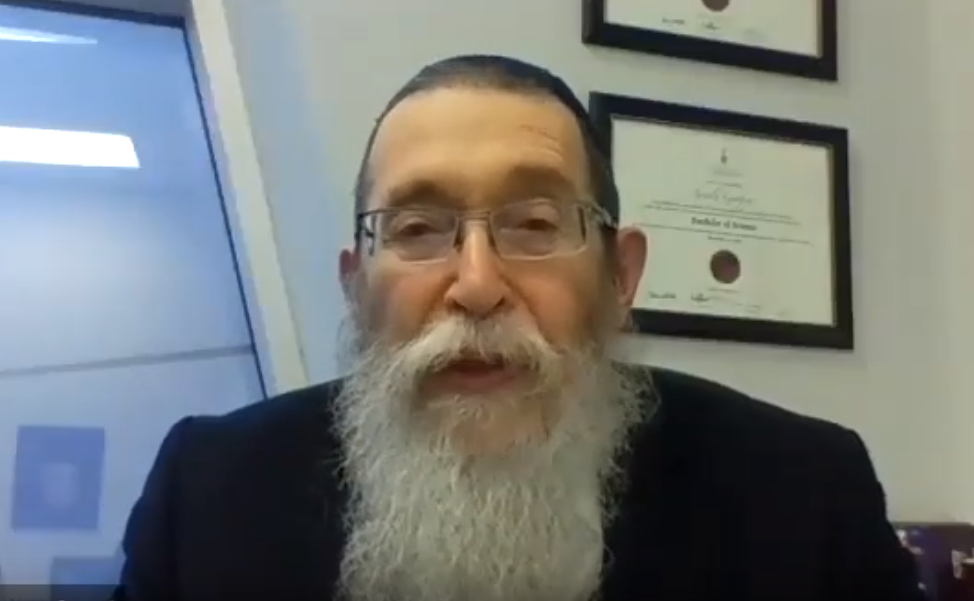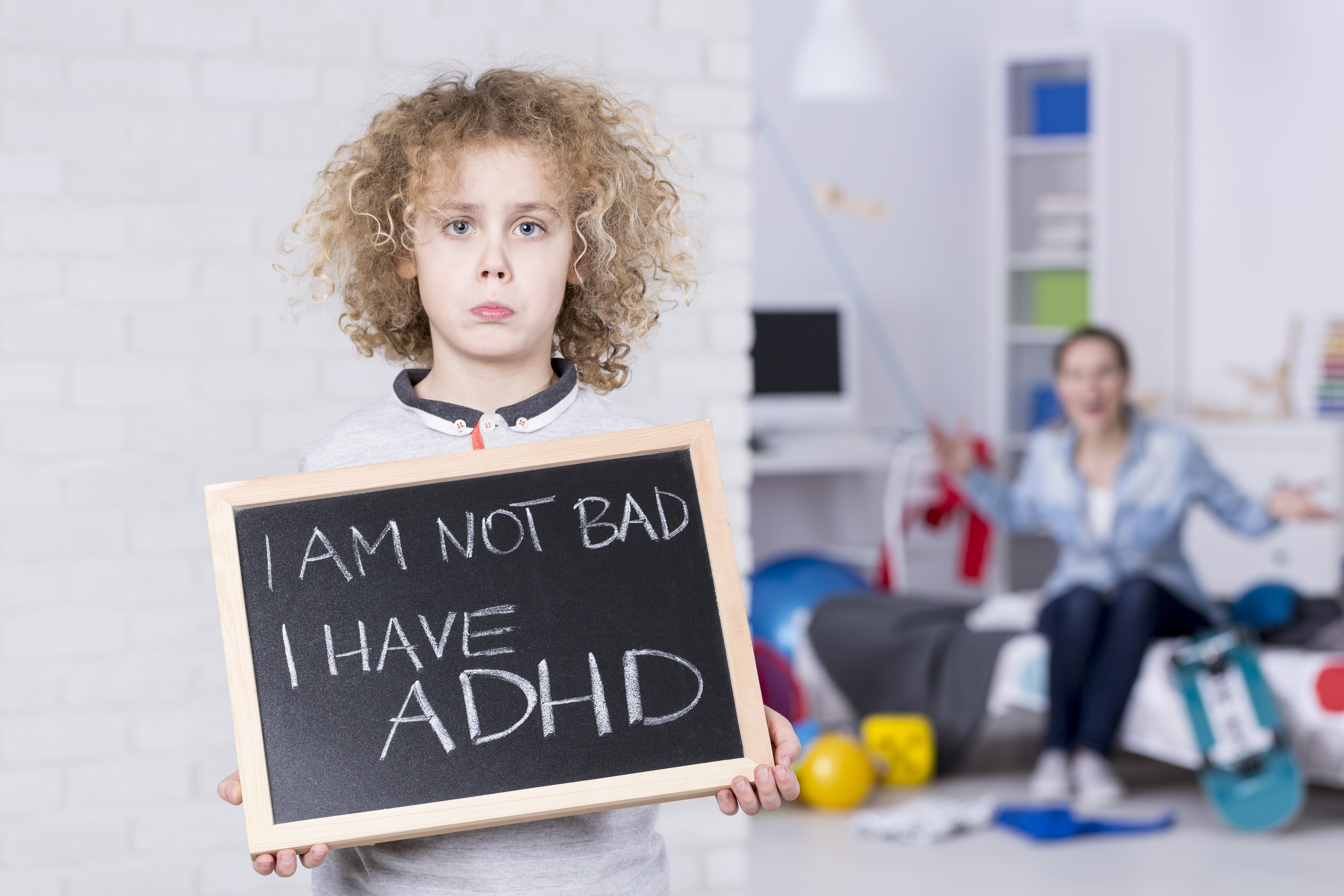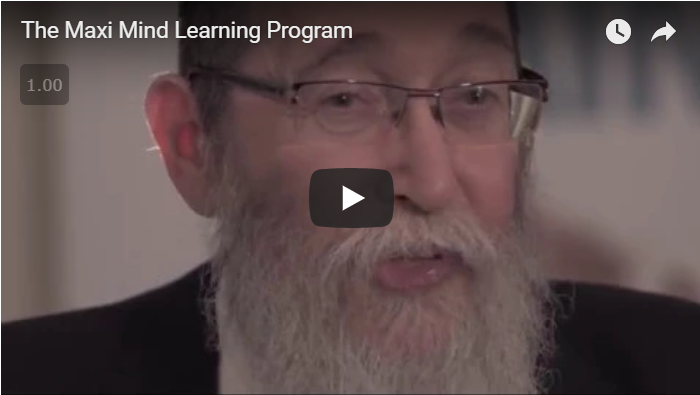Many of the parents that come for the first time to our ADHD Centre at Maxi Mind, look worn out about all the information they receive about ADHD treatment. After speaking to them for a little bit, I realize that it’s not because they are trying to raise a child that may have ADHD. It’s so much more than that.
While raising a child with ADHD does have many challenges, sometimes the hardest challenge can be dealing with everyone else in your life, and how they think that it’s okay to give you unsolicited parenting advice.
As human beings we all want to help when we can. We also like to think that we may even know what’s best, and more often than not we will give advice whether it is welcome or not. Family, friends, teachers, coaches, or even complete strangers can all be guilty of this. Reading this yourself, you are probably now trying to think if this is something that you do to others. The best way to handle this is to ask the person if they would like to hear some information that you recently heard regarding “such and such”. If they say yes, now you can give your advice knowing they asked to hear about it. If they say no, you just saved yourself from annoying the person with unsolicited advice.
We’ve all heard the saying, “Don’t judge your fellow until you’ve walked a mile in his shoes.” The reality is that we can never walk a mile in someone else’s “shoes.” We don’t really know all the details of the situation and this is why we have to be careful either when we are giving or receiving advice.
Things to Remember When Receiving ADHD Treatment Advice
When being given advice, it is important to keep in mind the following things:
- The person does genuinely want to help the situation out (even when the advice says otherwise).
- The person does genuinely want to help the situation out. We repeated this because when we come from the mind-set that they want to help, it becomes harder for them to offend us.
- Try to maintain eye contact and pleasantly thank them no matter what the advice.
- Take the advice with a grain of salt. When it’s offensive to you remember that they don’t really know you or your child (even when they are close to you) and even with comments like – He wouldn’t do that if I was disciplining him – shouldn’t make you feel like a bad parent. Or that you have a bad kid. If it sounds like “professional” advice also ask where they heard that information and verify that it is good advice before acting on it.
Preventing Disaster in Family Situations
Worse than just receiving advice, is when someone tries to “help” raise your child for you. They believe that it is okay to speak to them a certain way, give your child advice, or even discipline them. There are times in our lives, or events that we have to attend, where there is a high chance of this happening. Here are some useful tips to prevent the potential damage of these situations:
Help Them Out Before – By speaking to the relative or friend ahead of time you can give them practical tips of how you effectively deal with your child when they become difficult to handle. Knowing this information can prevent them from trying their own methods that you may not agree with.
Preparing Your Child – Let your child know the people he will be meeting with and what the expected activities are. This information helps them feel comfortable with what they are doing and they are less likely to want to act out. Most importantly, they should know that if there are any problems that may come up that they can always come to you to help deal with it.
Keep a Close Eye – If you suspect that your child may have difficulty with a specific person or situation, make sure to keep a closer eye on them. If it’s not possible to be with them throughout the whole event, then have a plan to check in with them regularly to make sure things are okay.
Have a Rescue Strategy – Before your child is able to get into the situation, have a plan for getting them out. Bringing a special toy or game that you can use to lure them away from the problem and keep them happy is a great way to stop potential problems or even fix them after they’ve started.
With these useful tips, you will be able to handle “friendly advice” as well as prevent others from interfering with how you would like to raise your child.
Have personal questions about ADHD? Get a free consultation today and discover how our program can help.






